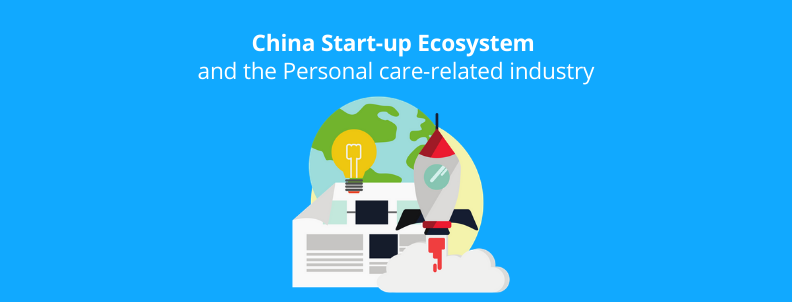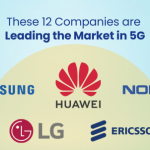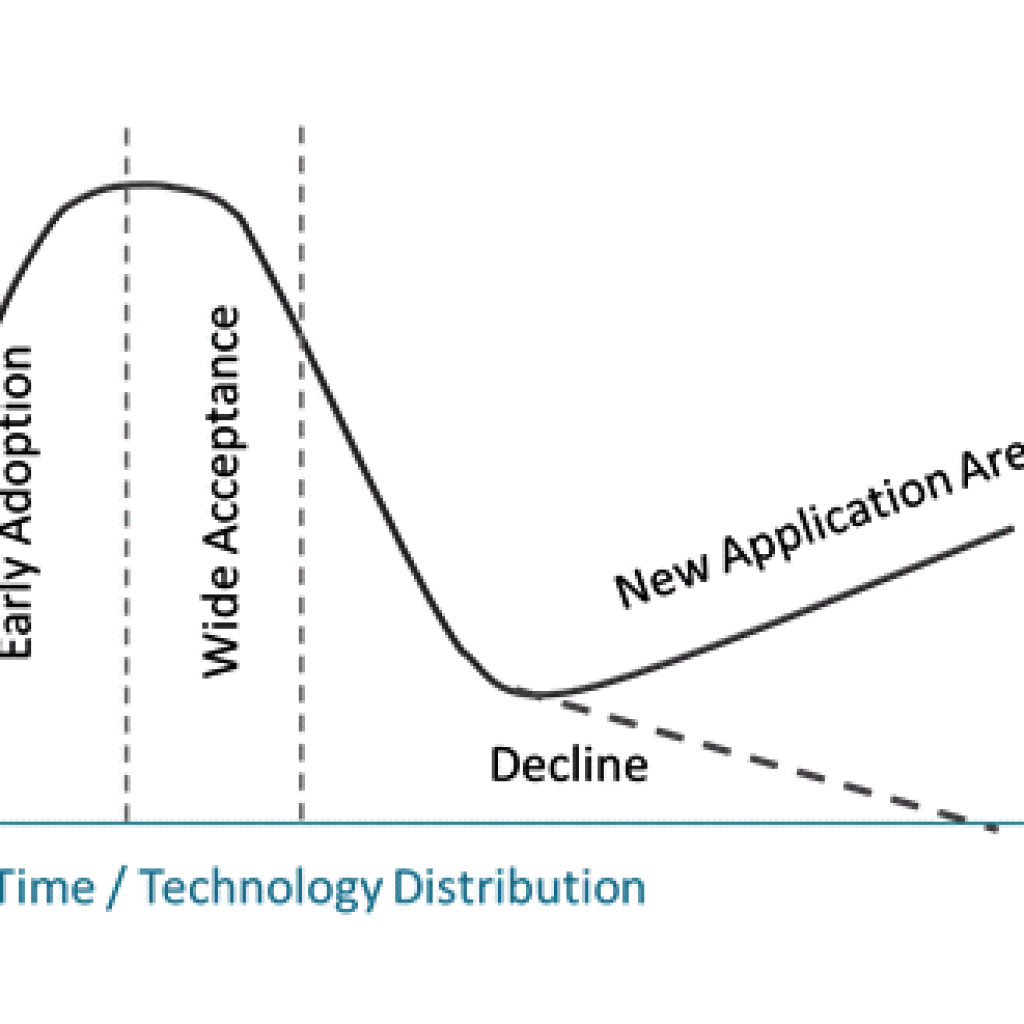In 2017, China had around 27% of the world’s total unicorns. This percentage increased to 42% in 2019, with 206 companies, China had the most unicorn startups in the world. In 2020, the USA pipped China to lead by 233 vs. 227, together accounting for 79% of the world’s unicorns.
The three most valuable unicorns, Ant Financial, ByteDance, and Didi Chuxing are from China.
-A new Hurun Report
Chinese startups are growing rapidly and successfully, and partnering with these startups can be highly remunerative. We also talked about this in the last Linked post:
To build up more on this thought, we decided to do a sample analysis of China’s startup ecosystem and try to find answers to some of the questions. Let’s discuss some of the findings.
The partnership between foreign and local businesses
Our analysis indicates that overnight success is more likely in China than in any other country. In addition to this, partnerships between foreign and local businesses are preferred by these startups over contractual cooperative models, even in the personal care sector. For example, Johnson & Johnson acquired the established Chinese cosmetics firm Dabao, and Coty Inc. acquired a majority stake in well known T-Joy.
Universities are the roots of startups and incubators
China is encouraging its university researchers to become entrepreneurs and to recommend talented staff for business-related projects. For example, the world’s first 6G communication satellite launched by China in Nov’2020 was developed by two startups and was named after its co-developer, the University of Electronic Science and Technology of China (UESTC) which funded these startups.
If we talk demographically, Chinese startup hubs are scattered across various regions of which Beijing, Shanghai, and Shenzhen are taking the lead.
The Personal Care Industry
As for the personal care industry, it seems that Shanghai will be the upcoming hub. A quiet suburban area of Shanghai is getting a makeover as Chinese authorities plan to turn it into the “Silicon Valley for China’s beauty industry“ calling it “Oriental Beauty Valley”.
But why should companies choose Shanghai-based “Oriental Beauty Valley” for personal care business, you wonder?
Well, solid industrial foundation, trade fairs & expos to attract companies, minimization of red tape, a large share of English speaking residents, big Cosmetics companies moving here, and Research Institutions to Foster R&D makes it a preferable choice for companies to set up their personal care business.
Challenges that stand tall
But it ain’t all nice and easy, with all the increase in innovative startups rises the increase in competition.
While partnering with startups originating in China can be highly beneficial, there are certain aspects to the deal that are necessary to understand and accordingly strategize to survive in this ecosystem.
The first and foremost challenge is going to be the competition that companies will face from the dominant ecosystem orchestrators – BAT (Baidu, Alibaba, Tencent), specifically in related areas such as Digital Solutions. Next comes the challenge of aligning partner programs with national priorities (after all we know how serious China is when it comes to national priorities). Adding to it is the complicated regulatory environment of China.
How are top personal care companies partnering with Chinese startups?
Top personal care companies are opting for different methods to adapt to the ecosystem.
Some companies like Shiseido (Japanese personal care leader) are launching their own incubator program. They aim to work with local startups in the extended beauty space to experiment and create new businesses for Chinese consumers and globally. Next-generation of companies has realized that if they have to run an active open innovation program so that they are always in touch with young startups that are trying to solve the problems in a new way.
Whereas, some are investing in other incubators. For example, L’Oréal is investing in venture capital firm Cathay Innovation to strengthen the French group’s ties with beauty tech start-ups, particularly in China.
The company has also partnered with a local startup Meione (a strategy to bring in more revenues). Another company, Meitu (mostly known for its photo-editing and beautifying app Meitu Xiuxiu) has provided its virtual makeup technologies to many companies /brands including L’Oreal.
Further, L’Oréal’s live pitch event for international startups during the 3rd edition of Viva Technology Paris shows that the Chinese start-ups are technically sound and can be a good option for a partnership.
L’Oréal has been at the forefront of the consumer-centric digital innovation in China. These digital innovations bring with them the technology of Big data and AR into personal care. But as you can see, L’Oréal isn’t working alone.
In addition to this, there are other companies working on different areas of personal care such as product/device, manufacturing, distribution, marketing, and experience. These companies are further collaborating with Chinese startups. To discuss them in detail we have put our analysis into a report. The report discusses answers to some of these aspects, such as-
- What is the outlook of the Chinese startup ecosystem — what are the associated benefits?
- Where are the prominent startup hubs in China, and which startup hubs can be of interest?
- What are the challenges and gaps associated with the Chinese startups that can be an obstacle in potential partnership/M&A deals?
- What are the activities of top companies (L’Oréal, P&G, etc.) in China w.r.t. startups — have they partnered with startups or set-up their own incubator programs, and how successful these have been?
- What are a few exemplary startups that can be of interest-based on the problems they are targeting and the solutions they are providing?
What’s next?
A further deep dive into these questions and a detailed analysis of the China startup ecosystem will give answers to the following important sections and more.
- Different stakeholders in this ecosystem — the role played by foreign companies, local players, government, and universities?
- The effect of accelerator and incubator programs on the ecosystem — how do companies participate in these programs?
- How VCs are looking at the Chinese startup ecosystem — do their funding affect potential partnership and acquisition opportunities?
- What are the different segments of the personal care industry which have experienced an influx of startups in recent years?
- What cross-industry segments can impact the personal care industry and which have received attention from companies in recent years?
- The prominent start-up hubs in China for these industry segments — what is the success rate of the start-ups emerging from these hubs?
- Which accelerator and incubator programs focus on these industries — who are organizing these programs and what is the success rate of the start-ups coming out of these programs?











